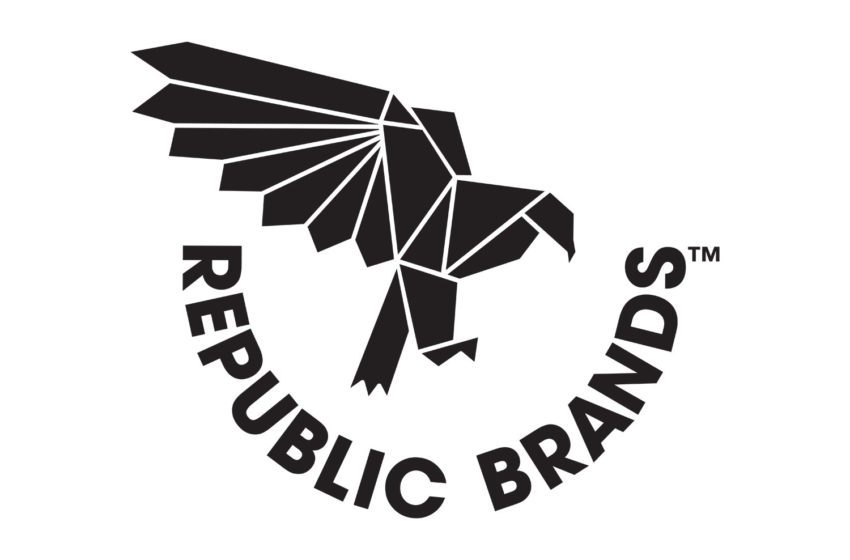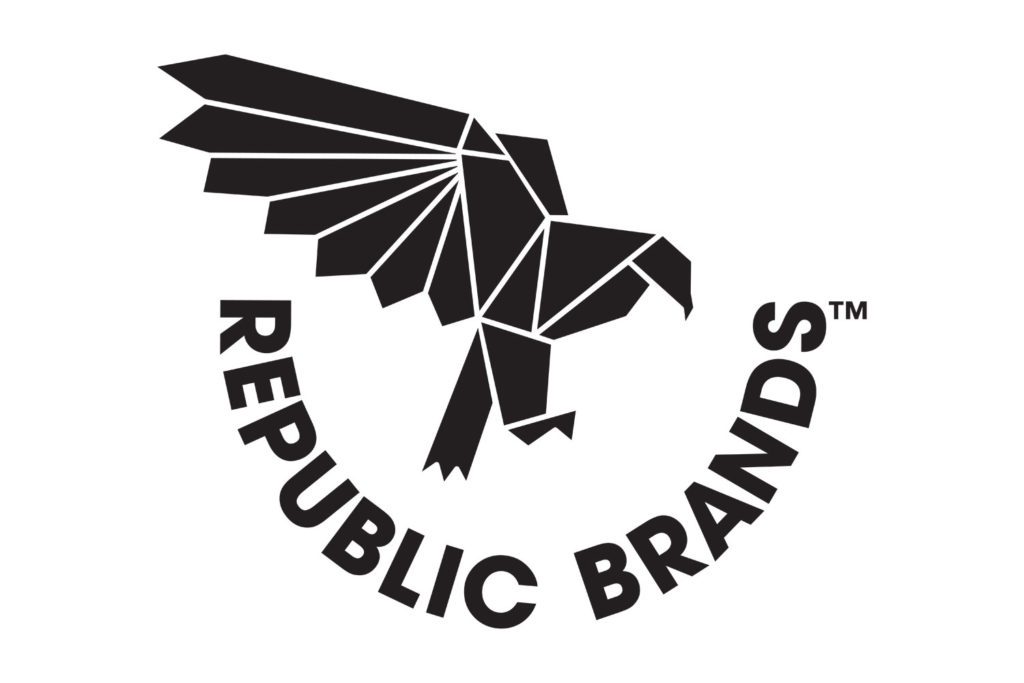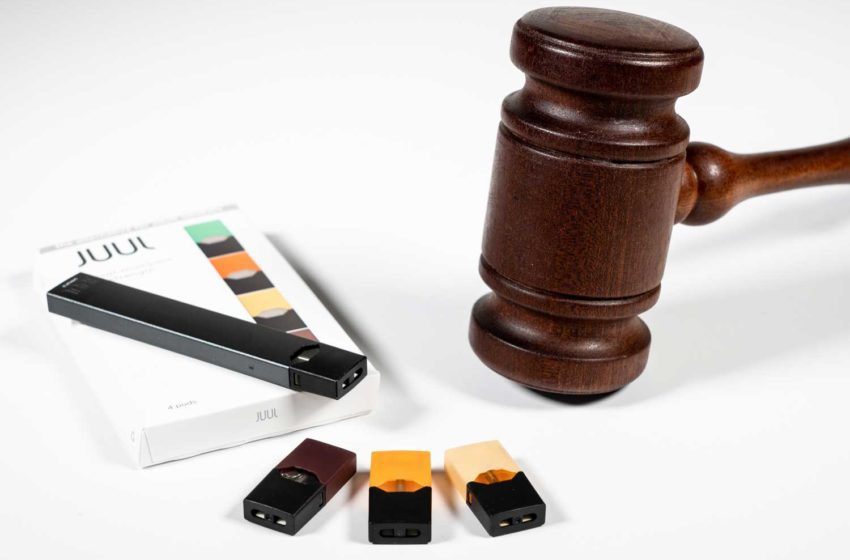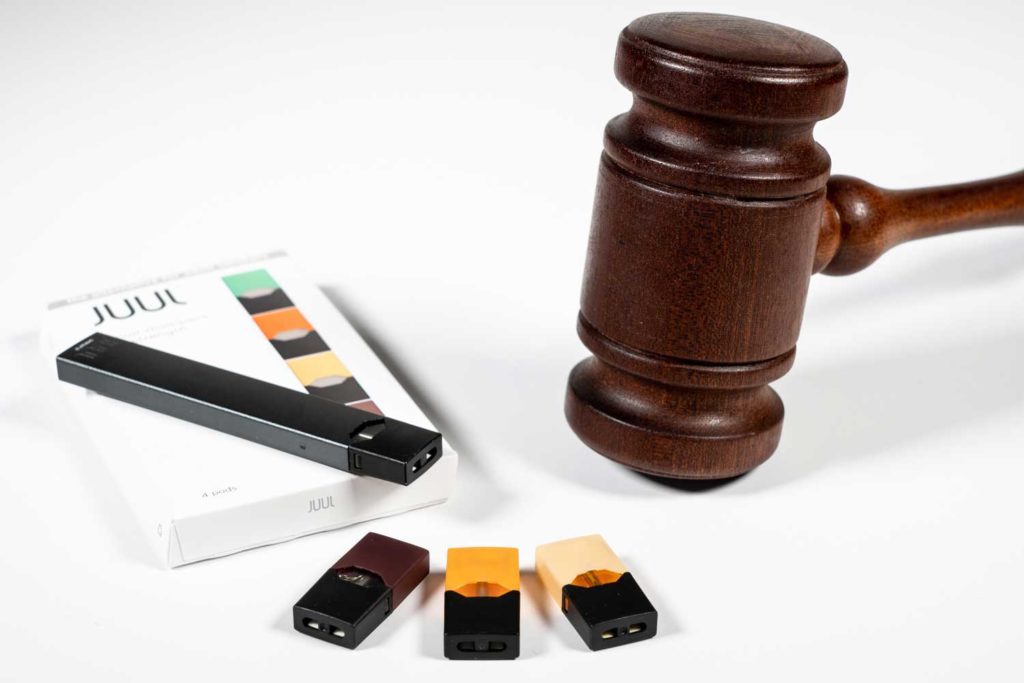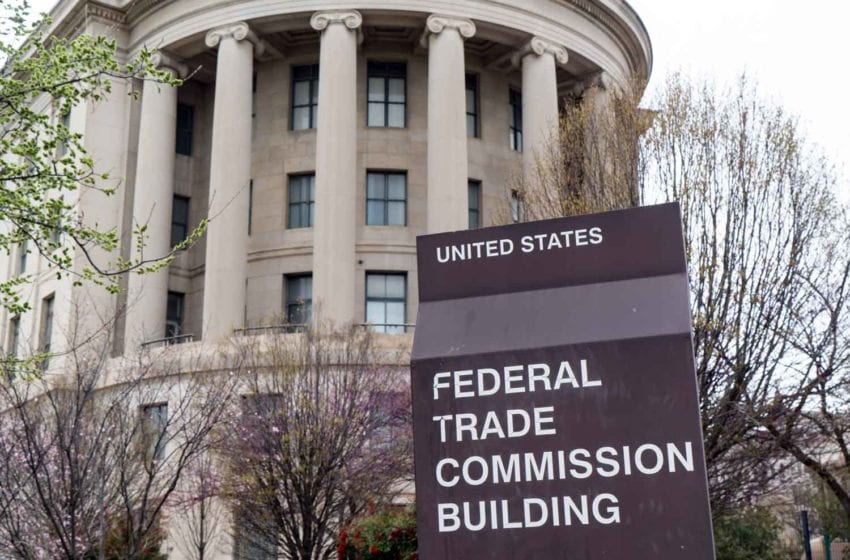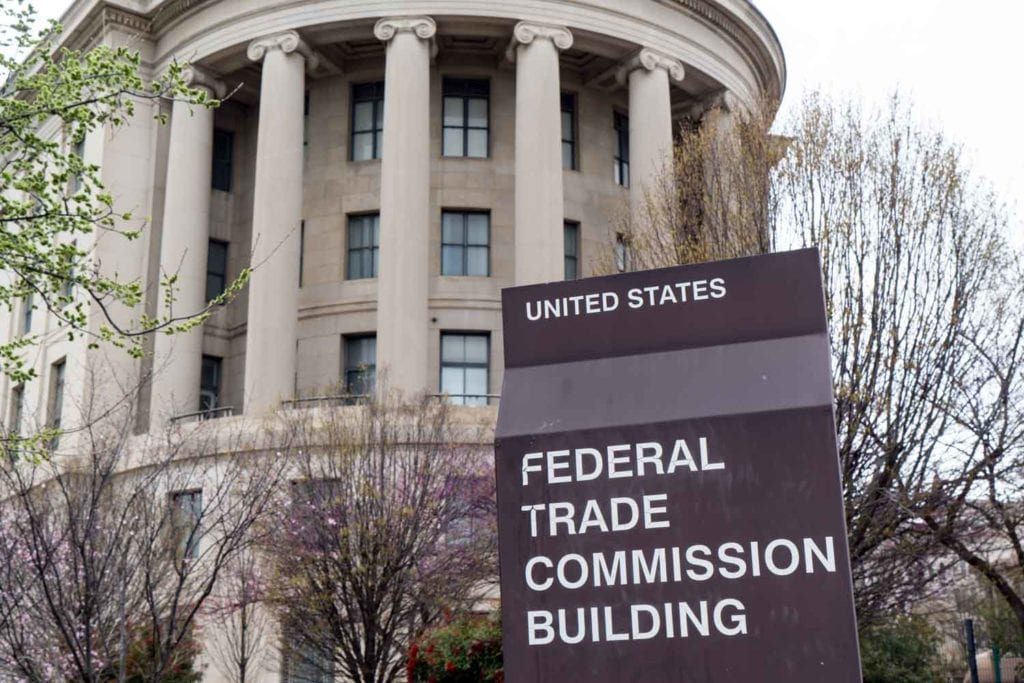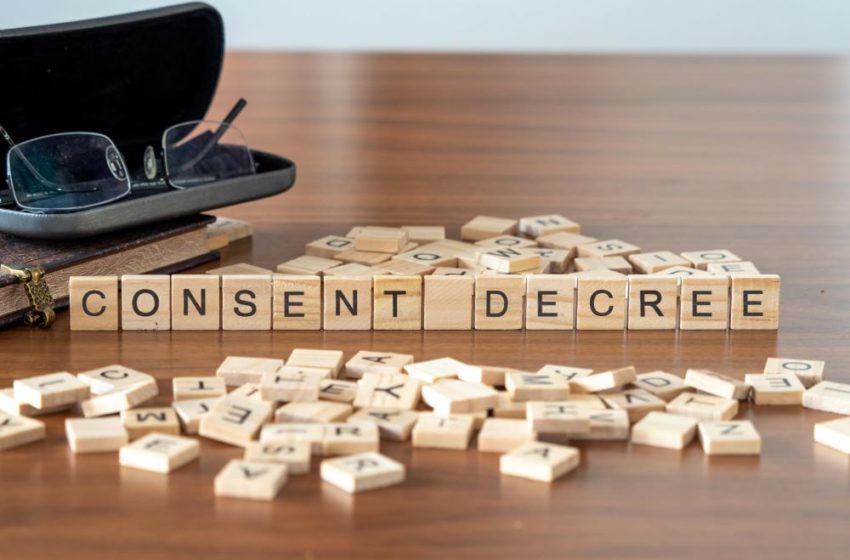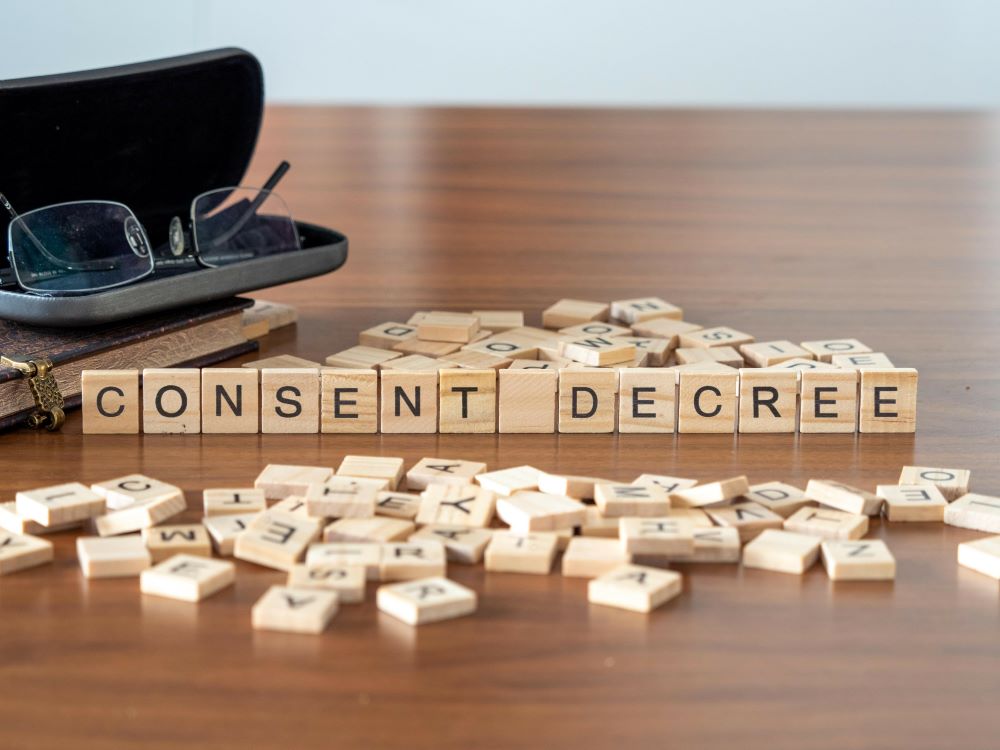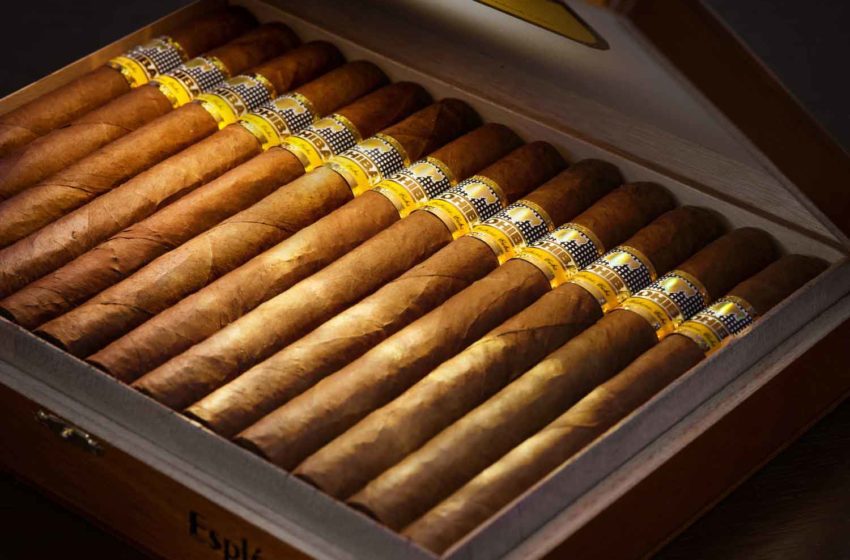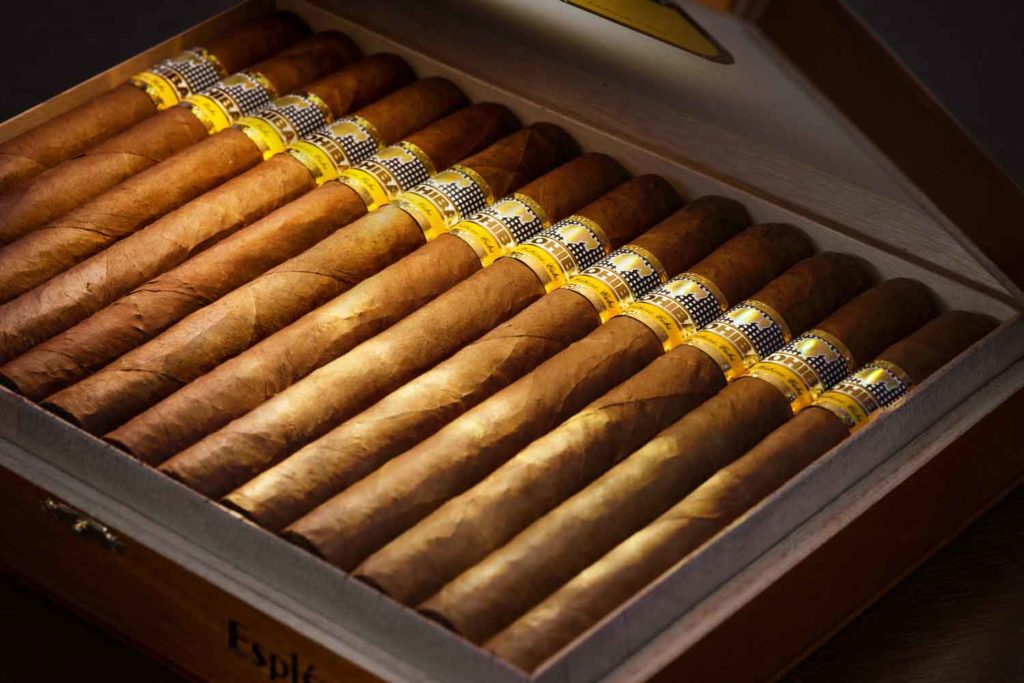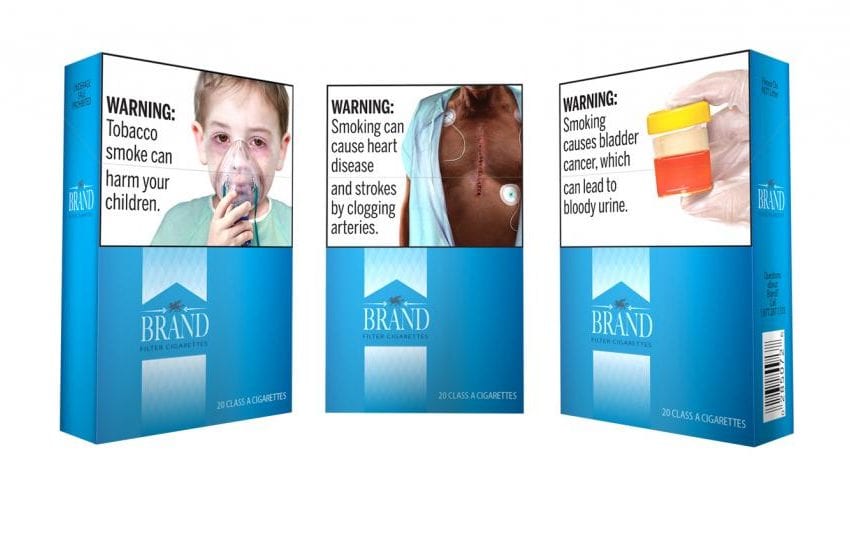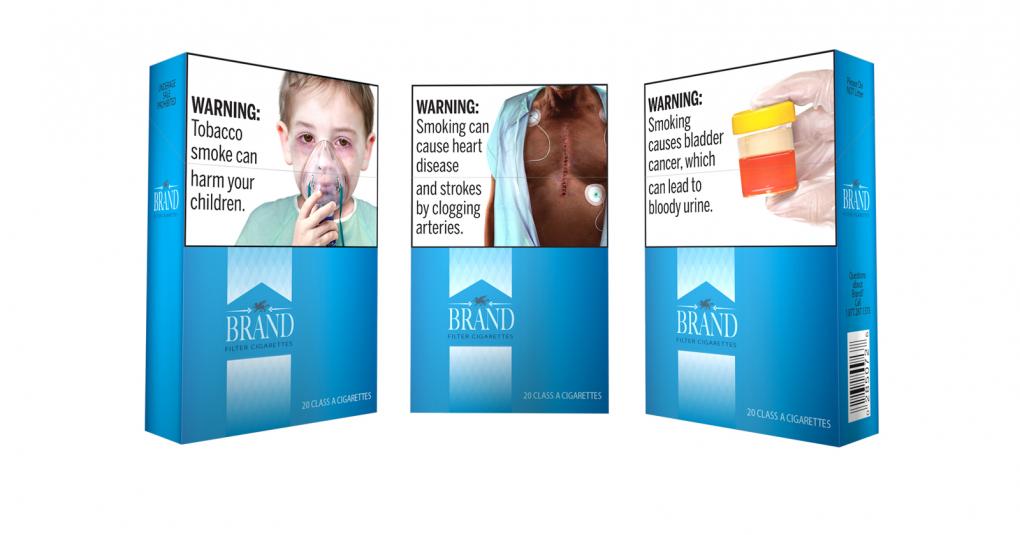The U.S. Food and Drug Administration has appealed a court ruling that found the agency’s graphic health warning rule unconstitutional, reports CSP.
On Dec. 7, a federal judge in Texas blocked the FDA from enforcing a rule requiring tobacco companies to print graphic health warnings on their products, saying they violated free speech protections under the First Amendment.
The graphic cigarette health warning rule required manufacturers and retailers who sell cigarettes to rotate 11 health warnings on cigarette packs, which consisted of textual statements and color graphics depicting the negative health consequences of cigarette smoking.
The Texas court said the graphic cigarette health warnings would have compelled manufacturers and retailers to speak by displaying cigarette packages on store shelves and advertising cigarettes when, if given the choice, manufacturers and retailers would choose not to do so. The court also said the warnings were not purely factual and were open to interpretation by consumers and more extensive than necessary.
The FDA appealed that decision on Feb. 1 in the U.S. Court of Appeals for the Fifth Circuit, according to court documents.
The Family Smoking Prevention and Tobacco Control Act of 2009 instructs the FDA to create visual health warnings, but the D.C. Circuit in 2012 blocked the agency’s first attempt, saying that regulators had not convincingly demonstrated that the warnings would actually reduce smoking.
In March 2020, the FDA released the final rule requiring new graphic warnings for cigarettes that feature some of the lesser known but still serious health risks of smoking, such as diabetes, on the top half of the front and back of cigarette packages and at least 20 percent of the area on the top of cigarette advertisements.
Several tobacco companies, including R.J. Reynolds Tobacco Co., filed a First Amendment challenge in April 2020. The rule was set to take effect in November 2023 after the deadline was repeatedly pushed back by court.
According to health groups, the U.S. has fallen behind other countries with its tobacco control policies. Prior to 2009, when Congress passed the Tobacco Control Act, only 18 countries required graphic warnings for tobacco products, they pointed out. Today, more than 120 countries require them.




